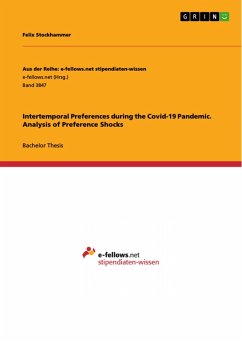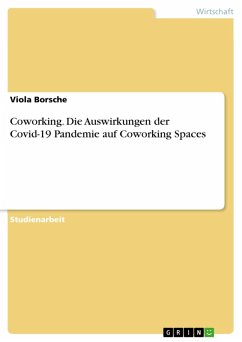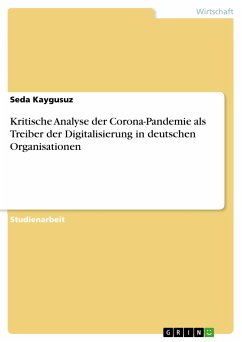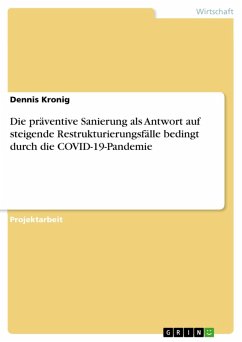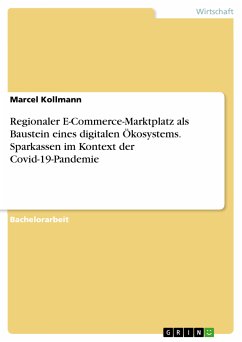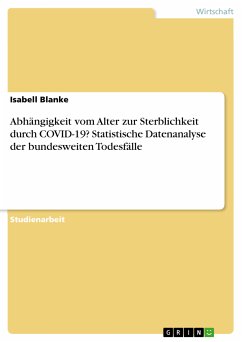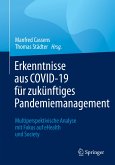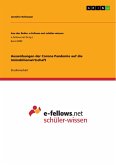Bachelor Thesis from the year 2020 in the subject Business economics - Miscellaneous, grade: 1, Vienna University of Economics and Business , language: English, abstract: This thesis analyses time preferences in times of the Covid-19 pandemic. In accordance with literature analysing preference shocks such as natural disasters, the hypothesis that a greater impact of Covid-19 and associated lockdown and after effects on an agent leads to higher impatience is formed. Data from an incentivized online survey with a sample consisting mostly of students (n = 379) is used. In order to measure the impact of Covid-19 on respondents' lives, several potential avenues of impact are assessed (including loss of earning opportunities, affective states during severe lockdown restrictions etc.). Respondents indicated whether they had tested positive for Covid-19, whether somebody close to them had to be admitted to hospital due to Covid-19 and indicated their agreement with statements concerning their fear of contracting Covid-19 when they left their homes as well as their uncertainty regarding the future due to a second wave of the virus. Time preferences are assessed using a common incentivized method, called the Monetary-Choice Questionnaire. Additionally, a measure of risk aversion was also collected. Using regression analysis, a significant positive correlation between the affectedness by the virus and discount rates was found. People whose lives are more impacted by Covid-19 displayed higher discount rates. Results for a classification framework that segregates different levels of affectedness as well as a self-reported measure of affectedness point in the same direction.
Dieser Download kann aus rechtlichen Gründen nur mit Rechnungsadresse in A, B, BG, CY, CZ, D, DK, EW, E, FIN, F, GR, HR, H, IRL, I, LT, L, LR, M, NL, PL, P, R, S, SLO, SK ausgeliefert werden.

